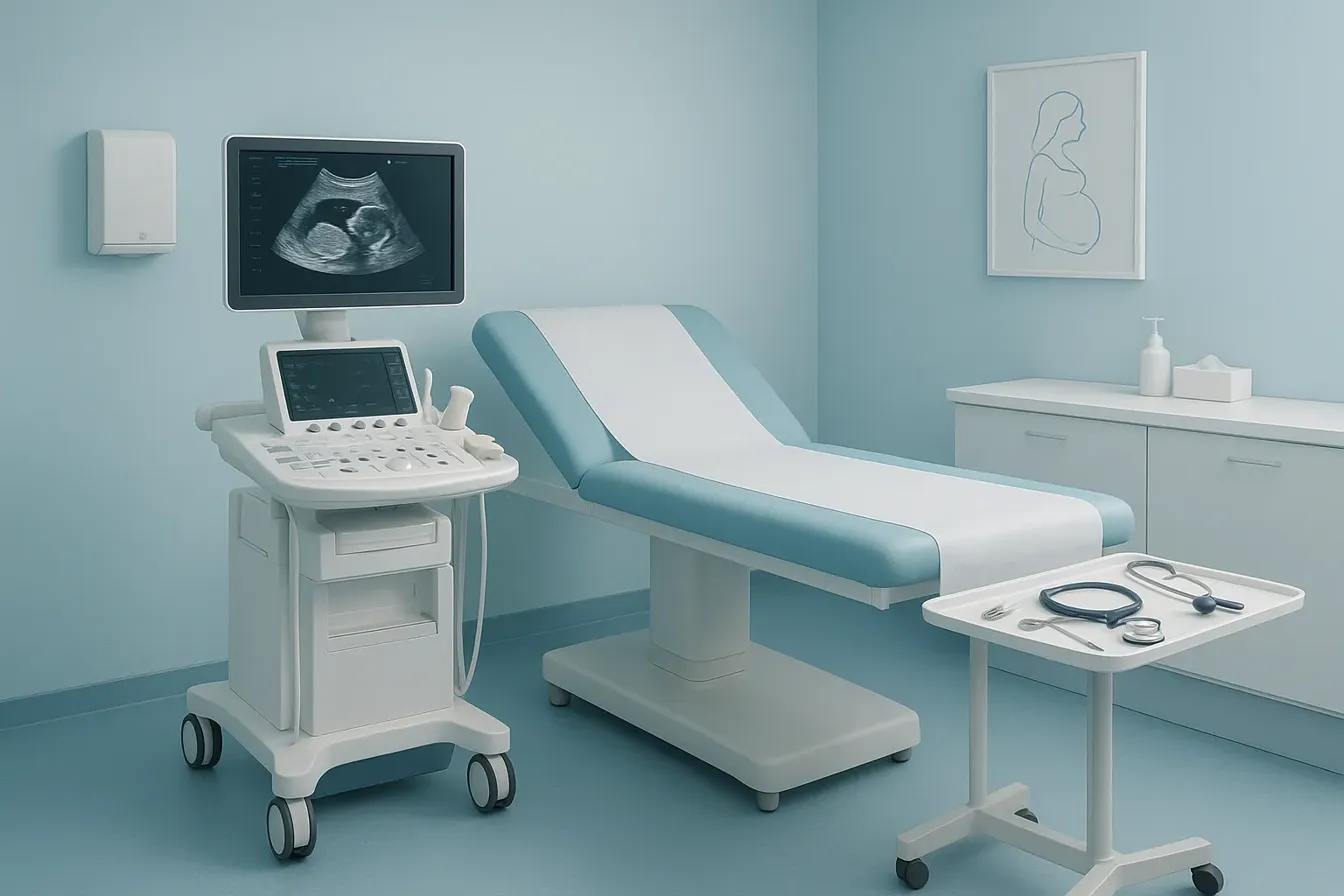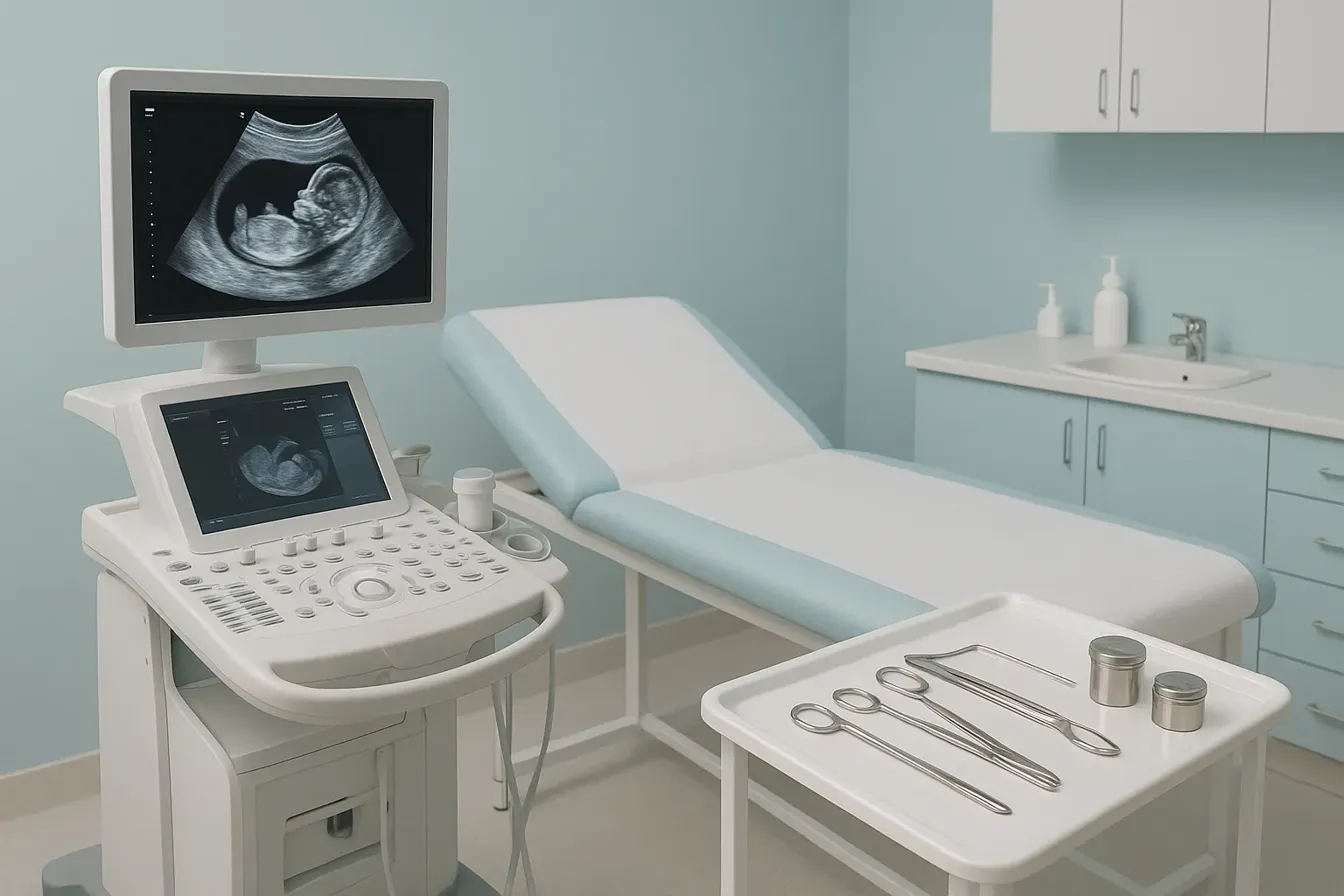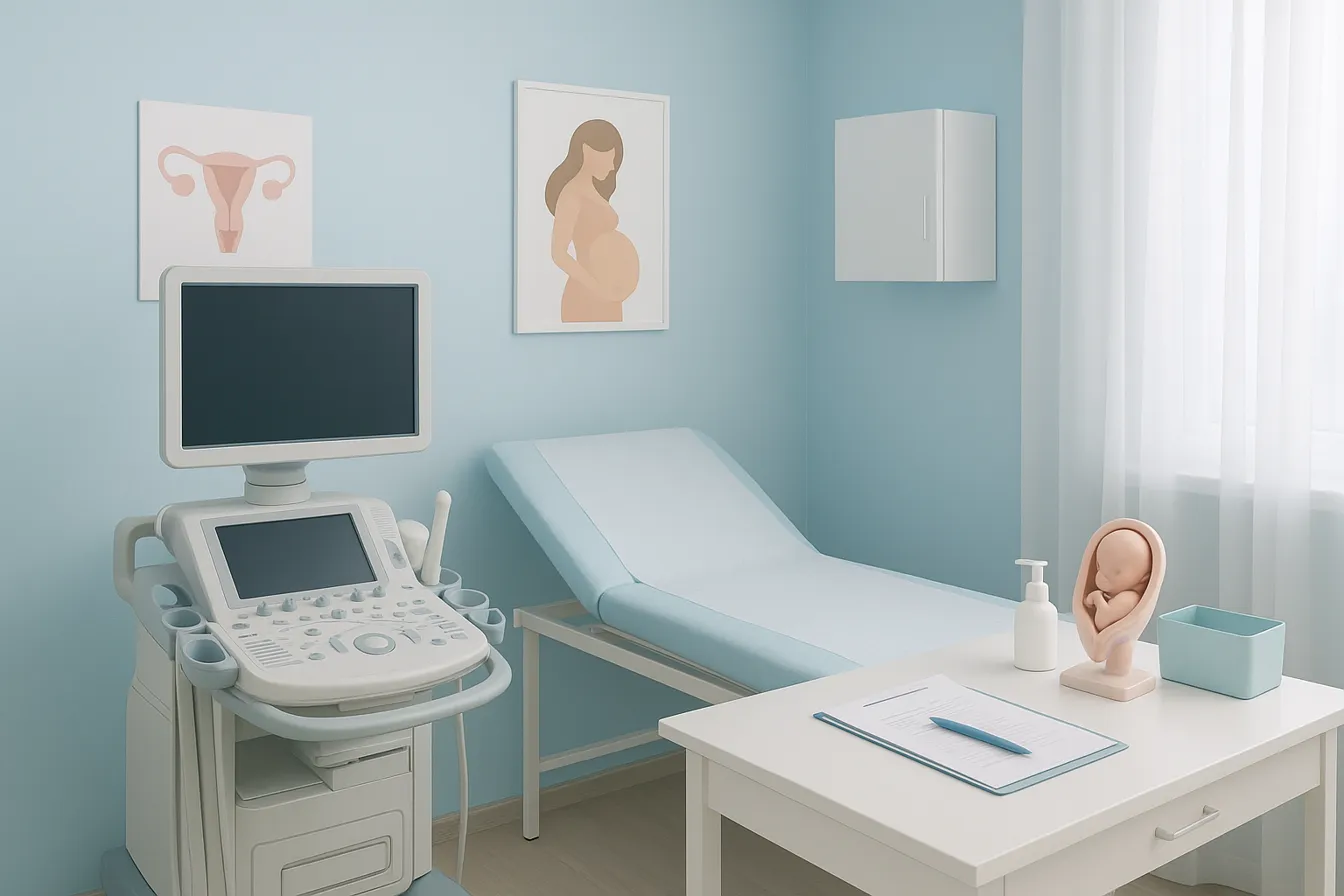Enhancing Pregnancy Outcomes Through Tailored and Respectful Prenatal Care

While you can’t avoid menopause, which occurs at the natural end of your childbearing years, you don’t have to suffer through the symptoms of this transition.
At Raveco Medical, our experienced team of gynecologists offers compassionate help for women who struggle with hot flashes, unexpected weight gain, and other side effects of menopause.
We offer customized treatment plans using supplemental hormones to rebalance your levels and provide long-lasting relief of bothersome symptoms.
The lowdown on menopause
Menopause describes the time in a woman’s life when she can no longer bear children. You’re considered to be in menopause when you don’t have a period for 12 consecutive months.
While the age of reaching menopause varies for a number of reasons, it affects most women in their mid-50s.
The transition time leading up to the end of your period is known as perimenopause, which can start up to 10 years before your period completely stops. However, it can be difficult to navigate because of the symptoms you experience.
Common symptoms of menopause
During perimenopause, your reproductive hormones begin to fluctuate and eventually decline. These fluctuations can trigger a variety of symptoms that affect your quality of life. Symptoms include:
- Irregular periods
- Vaginal atrophy
- Hot flashes
- Night sweats
- Osteoporosis
- Urinary incontinence
- Anxiety and depression
- Mood swings and irritability
Many women also find sex to be uncomfortable because of vaginal dryness and the loss of natural lubrication that occurs leading up to menopause.
How hormone therapy treats menopause symptoms
Ultimately, the symptoms you experience during your transition to menopause occur because of fluctuations in your hormone levels. Through a simple blood test, we can confirm that your symptoms are caused by a menopause-related hormone imbalance and not from an underlying health condition.
Since hormones are the chemical messengers that control many of your body’s functions, your hormone reduction can trigger symptoms that affect many aspects of your health and ability to function.
Hormone replacement therapy helps replenish and rebalance your natural hormone levels. We use synthetic hormones that are similar to those that your body makes naturally to relieve the worst of your symptoms.
Replacement hormones are available in pills, patches, creams, and injections that supply your body with a steady stream of hormones that keep your levels well-balanced.
Candidates for hormone replacement therapy
Hormone therapy is not an option for all women. However, women who are in good overall health, are non-smokers, and tolerate hormones can benefit from a low-dose birth control pill or other hormone therapy methods for relief.
If you’re not able to tolerate hormones, we can recommend holistic options for you to try, such as lifestyle and diet changes, as well as dietary supplements to help you feel better.
While there’s nothing you can do to stop menopause, we can help you find the right solution to relieve the symptoms you’re experiencing. To schedule a diagnostic evaluation, call the Raveco Medical office nearest to you today or book a consultation online.





.png)